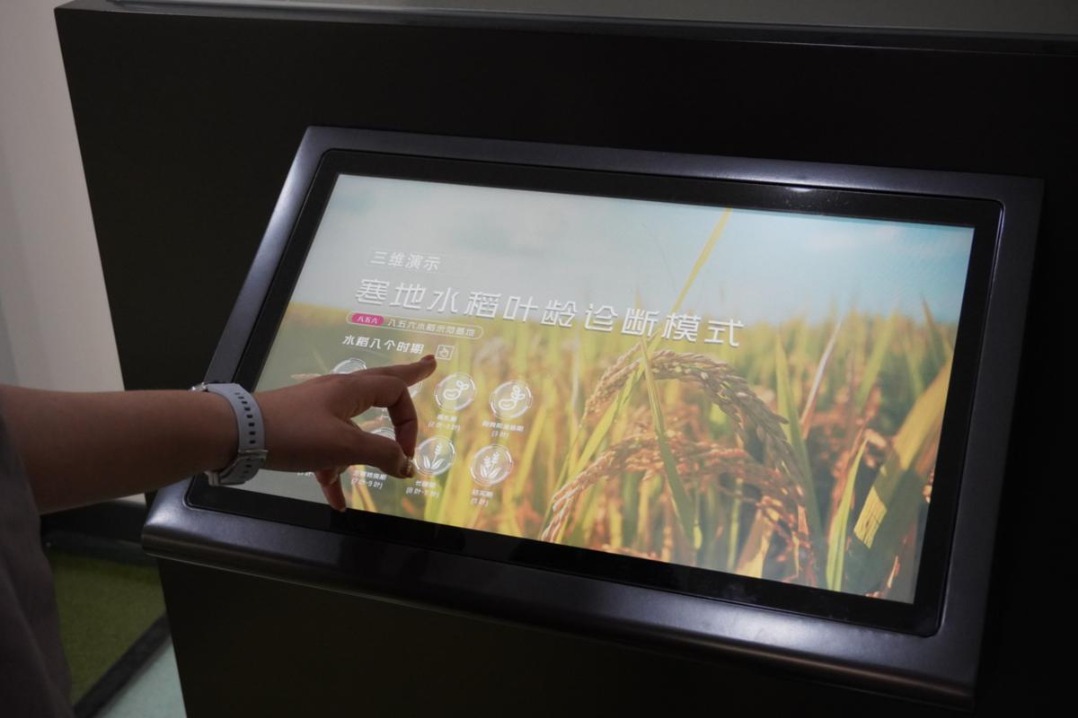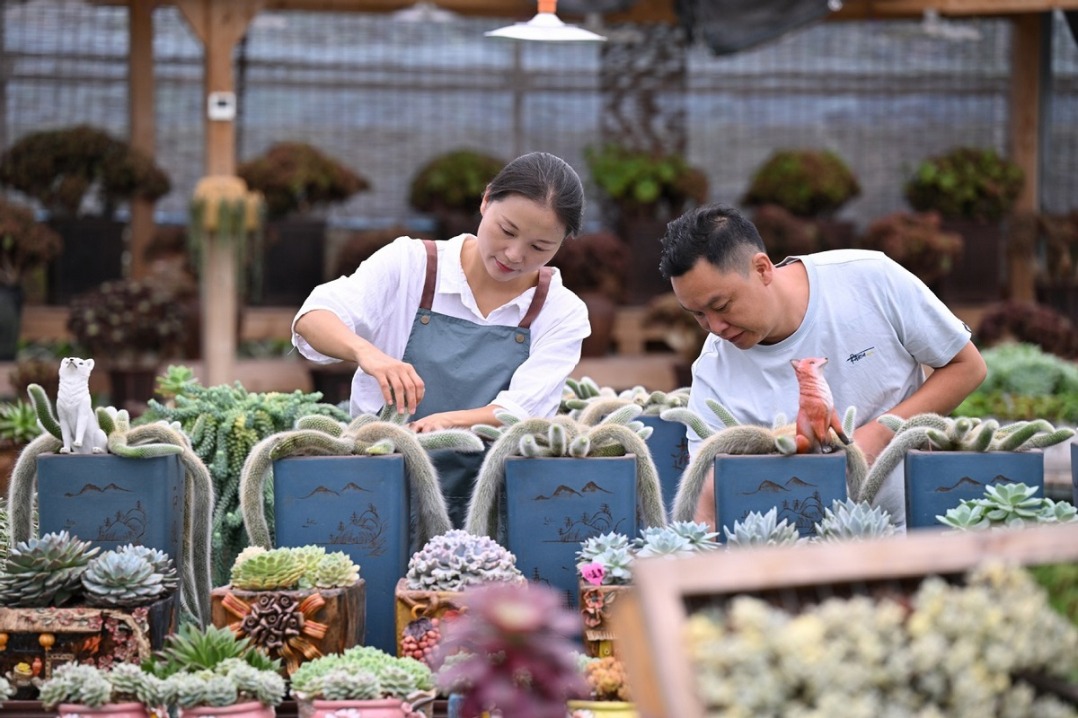Courts see big jump in foreign cases
Dispute increase reflects deeper opening-up and rule-of-law push

China saw a significant increase in civil, commercial and maritime cases related to foreign entities in the first half of the year, providing judicial support for high-quality development and further opening-up, the country's top court said.
Chinese courts concluded 15,000 first-instance civil and commercial lawsuits involving foreign litigants from January to June, up 28 percent from the same period last year, according to data released on Monday by the Supreme People's Court.
During the period, first-instance maritime disputes reached 10,000, marking a nearly 36 percent increase year-on-year.
In response to the rapid growth of such cases, the top court said it has urged judges to improve efficiency in handling them and, for the first time, disclosed prominent cases that protect the rights of foreign investors to help stabilize expectations.
"We've also formulated supporting documents for the implementation of the law on foreign state immunity, and worked with the Supreme People's Procuratorate to promote strict and impartial judicial proceedings in maritime courts," it said.
In April, the court hosted the 20th Meeting of Chief Justices of the Supreme Courts of Shanghai Cooperation Organization Member States in Hangzhou, Zhejiang province, deepening international exchanges and discussing global governance with senior judges from Italy, Thailand, Vietnam, Ethiopia and other nations.
Zhang Jun, president of the top court, stressed the need for an international perspective in advancing development and opening-up, saying courts should deliver higher-quality and more precise legal services to maintain economic order, enhance market vitality and meet development needs.
In recent years, the top court has aimed to address challenges in advancing high-quality development, taking concrete and targeted judicial measures, Zhang said.
In April, the court issued a judicial interpretation on handling criminal cases involving intellectual property rights. It has also required stronger protection for seed-related IP rights and optimized rules on safeguarding data IP rights.
Chinese courts concluded more than 270,000 first-instance IP cases in the first half of the year, up about 16 percent year-on-year.
While facing a rapid increase in foreign-related and economic cases, the top court said the fight against crime remains firm. Courts across the country continued to punish crimes including terrorism, cult activity, international homicide, and offenses involving guns and explosives. These cases saw a year-on-year decline in the first half.
"Although violent crimes decreased, new types of crimes and extreme malicious incidents continued to occur," Zhang said.
He called on judges to remain firm in punishing serious violent crimes while implementing the principle of combining severity with leniency, depending on the circumstances of each case.





































